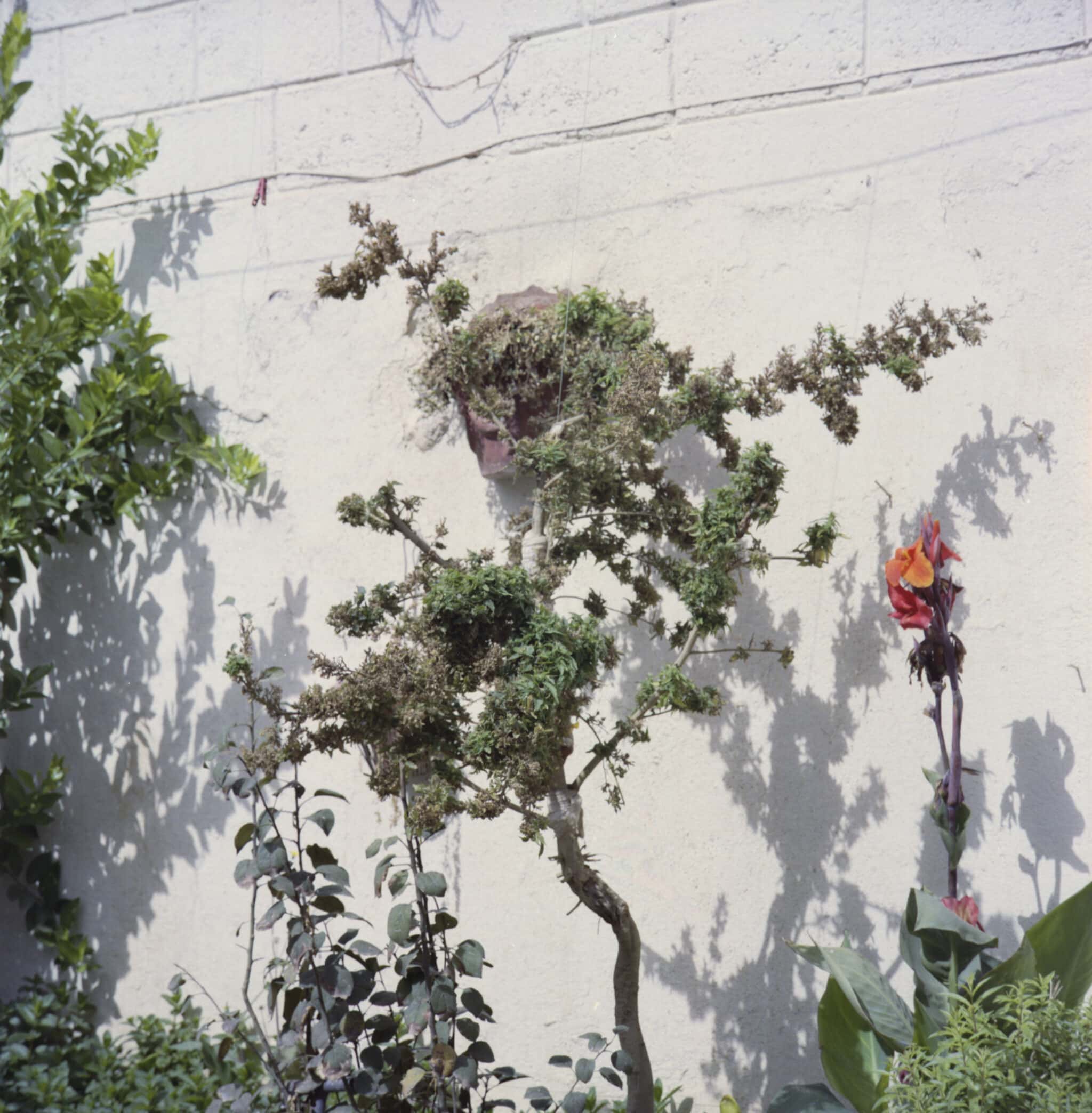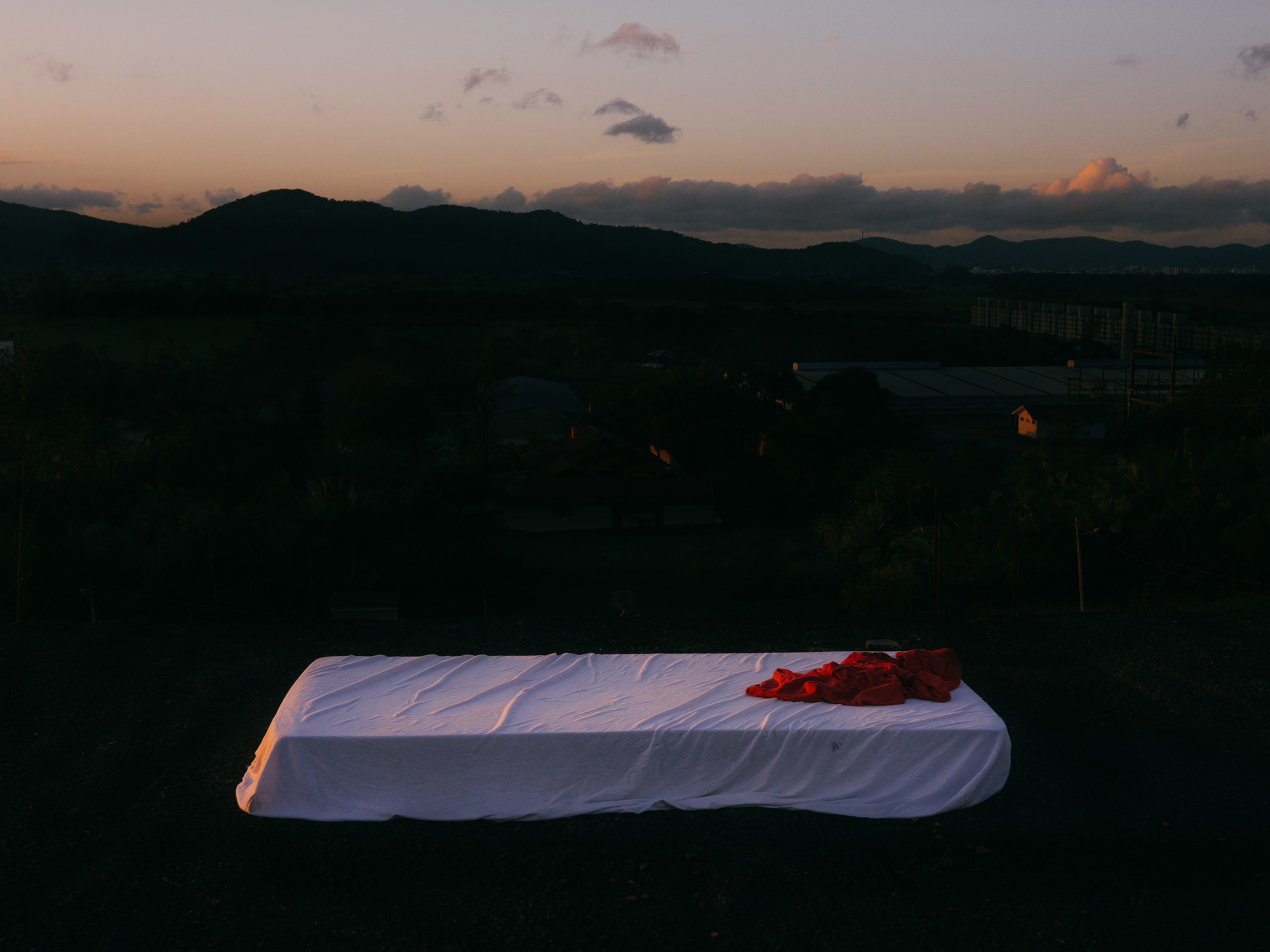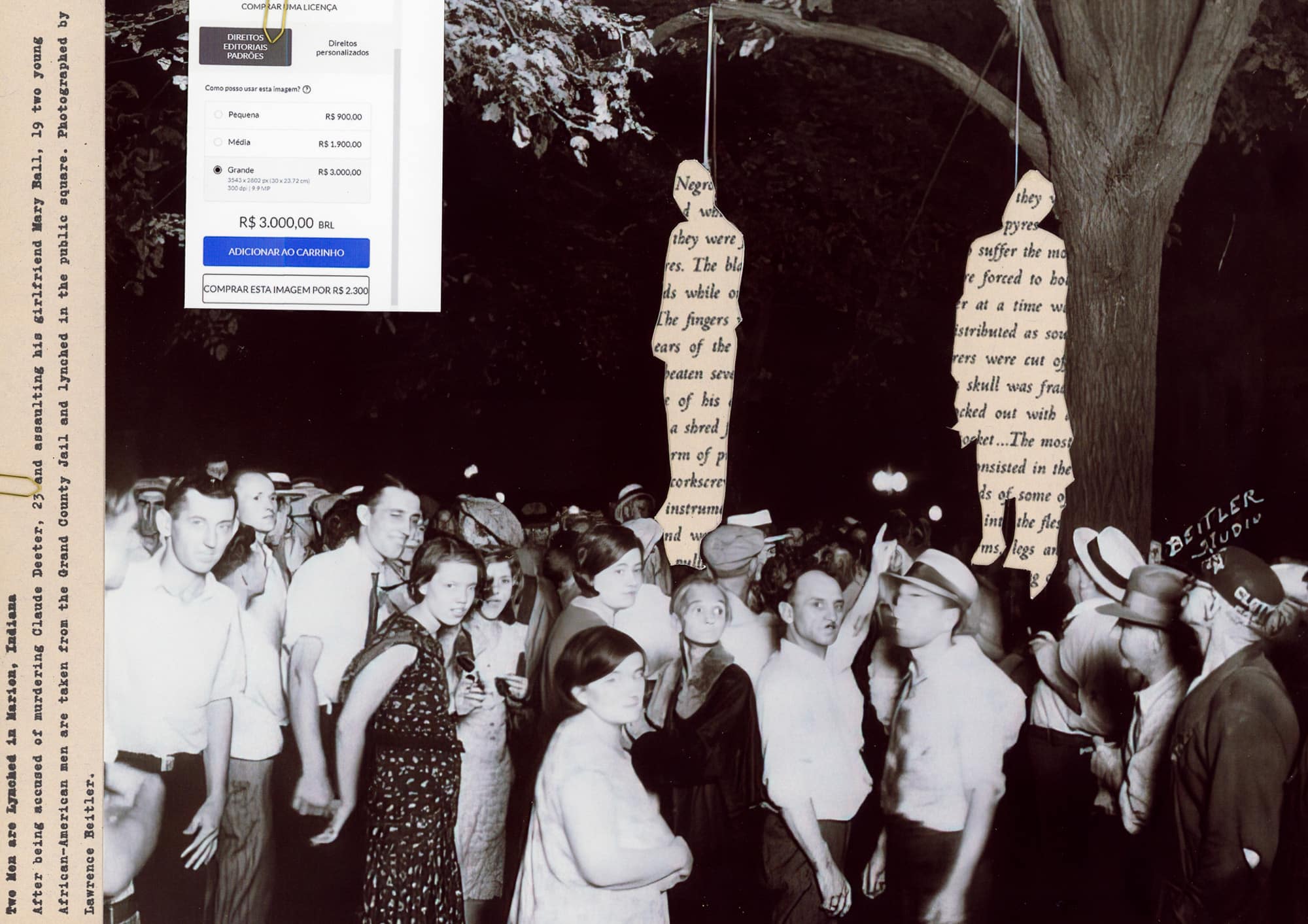
When Paco Briones was younger, in Tulancingo, Hidalgo, the access to drugs and substances was very restricted. In addition, people tended to be very moralistic. When he came to UNAM to study economics, he tried cannabis for the first time. For Paco, that was an incredible experience. It changed the way he saw and understood reality.
Several years before, he could talk openly with his family about his consumption. It bothered him a lot to have to buy cannabis always in the illegal market, so he decided to grow his own and started with a plant without knowing anything about it. When he entered law school, he learned that there was a legal way to grow marijuana.
In Mexico, the Constitutional Court declared in 2018 that the prohibition and criminalization of recreational cannabis consumption are unconstitutional, as it goes against the right to free development of personality. However, to cultivate and consume it, it is necessary to have a special permit. Before this declaration, this permit was granted to those who used cannabis for medicinal purposes only. There was a background in the case of Graciela or Grace, a girl who suffered from Lennox-Gastaut syndrome, which caused her to suffer a high number of daily epileptic seizures, and whose best treatment was cannabidiol or CBD, one of the 113 cannabinoids present in marijuana.
With his knowledge of the law, Paco initiated the permit application before the Cofepris. Like so many others, he received no response. So Paco took his case to Court and is waiting to receive an amparo, a document that allows him to grow up to 8 plants in his home and process them. With all the initiated legal processes, he now has a way to defend his crop and business. Because he and his family started ToQe, an intergenerational cooperative in which they produce CBD tinctures and combine them with tinctures from other plants, whose effects are traditionally known in Mexican herbal medicine. Paco’s mother, his partner, and their daughters work at ToQe. Together they take care of the plants, harvest what is necessary to produce the tincture, dry them together and then process them.
Mrs Lucy, Paco’s mother, went from thinking that any approach to the plant would harm her and turn her into a ‘marijuana’ to recognizing all the medicinal properties it has and benefiting from them. Paco’s daughters grow up without prejudice towards a plant and recreational consumers. For Paco, that has been one of ToQe’s most significant impacts.
How did ToQe start?
I have used cannabis recreationally, and after a few years, I decided to learn how to grow it so I wouldn’t keep buying it. I didn’t particularly appreciate doing it. When I entered law school, I realized that I had the right to apply for a permit to grow cannabis plants for my consumption. I realized that by that time, in 2019, many people had already achieved their amparo, to be able to self-cultivate. The legal precedent is the case of Grace, a girl who suffered from Lennox-Gastaut syndrome; she had many epileptic seizures a day. In 2009, the Supreme Court of Justice decided to give Grace’s family permission to import a CBD-based medicine. That allowed us to achieve legal crops. In 2018, the Supreme Court declared unconstitutionality the criminalization of recreational cannabis consumption. It opens the possibility of requesting a permit before the Cofepris for self-cultivation for personal consumption.
I requested my permit and never received an answer that immediately configured an institutional silence that allowed me to take the case before a Court of Administrative Justice that, in fact, already ruled in my favor. However, I requested an injunction that should be effective in 90 days. I point out that the Court cannot leave me in legal uncertainty and much less undermine, in this way, my rights to free development of personality and health.
My case shows that if a citizen had all the information available to them, they would have all the possibilities provided by the law. And with a bit of time, patience, and a little trust in the institutions, citizens can obtain those permits.
So, it all started with the request for a permit for personal consumption. The idea of turning it into a family business arose during the pandemic. Faced with confinement, we began to look for economic possibilities. I am obsessive, so I started to study, and we developed a crop of 8 plants; that is, we respect the guidelines of the Cofepris. Ours is a sustainable and 100% organic crop, we produce medical cannabis, and all our plants are for it. We do not kill our plants. We only prune the flowers, which has made us have plants of up to 2 meters. We respect the natural cycles of cannabis, and in some cases, we have extra light.
But then, with the permit they have, can people market it?
Yes, because on January 12, 2021, a decree was published that allows the commercialization of up to 500 milligrams CBD in Mexico. We make tinctures, decarbonize the plant, and do a whole artisanal process. The plant naturally degrades and loses psychoactive effects. If it is not carbonized, it does not have psychoactive effects. What is penalized is the tetrahydrocannabinol (TCH), so we have no problems.
There is a strong introduction of genetically modified plants. What varieties of plants do you have? But besides that, in Colombia, for example, some plants have day and night light, and the image inevitably makes me think that they are slave plants. Is that so, or is it pure prejudice?
We have experimented with several types of local seeds. The marketing and industry is dedicated to Dutch or Canadian seeds. Now, you can hardly get a real Acapulco Beach. But we cannot be so purist either; crossing varieties is a process that is part of the nature of the plant as it is dicotyledonous. The problem is that we already have an industry like the corn industry, like Monsanto, Buddha seeds.
The problem with the industry is that it is not very sustainable. Plants do need a certain number of hours of light, and in our case, we use it but respect the life cycle of the plants. We are developing a method with the intention that other people can also apply it. We firmly believe in cooperative and respectful production.
Your mother, an 80-year-old woman, is part of the cooperative. Did she always agree?
I think my mom entered this world for love; she saw patience and constancy. She is the best gardener, and she also uses drops. She now plays a significant role because she brought all her knowledge and wisdom of herbalism. My mother had already planted several citron, mint, and rue plants, and she knows their uses. We activate the CBD in the cannabis tincture and mix it with other tinctures, and now we have drops for specific things, for example: for the stomach, wormwood or peppermint; to sleep, citron.


